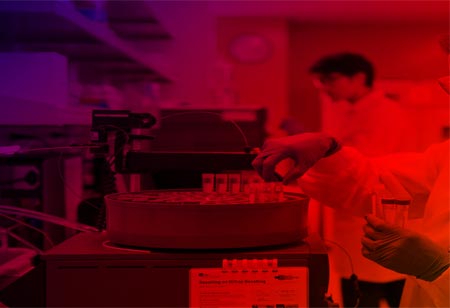Chemical Industry Review | Wednesday, September 07, 2022
Although chemical adoption in agriculture has many drawbacks, it has positive sides also.
FREMONT, CA: Although chemical adoption in agriculture has many drawbacks. It also has positive sides. Let us look at the advantages of chemicals in agriculture
1. Herbicides will eliminate the hardship of hand weeding.
This implies farming families globally can pursue education and opportunities away from farming, thus improving their quality of life and living.
2. Pesticides have changed developing nations into food producers.
Crop protection products have supported farmers in the advancing world to grow two or three crops yearly, so much so that these countries can turn ‘breadbaskets’ for the whole world. Food exports aid people in temperate countries with fewer growing seasons.
3. Safeguarding what’s in storage.
In contempt of the crop is in, pests can attack it. Bugs, molds, and rodents can damage precious grains. Pesticides utilized in stored products can extend the viable life of the produce, hinder huge post-harvest losses from pests and illnesses and defend the grain so it is safe to eat.
4. Pesticides aid farmers in producing more with less land.
With the insertion of pesticides, farmers have been able to produce large crops on less land, Raising crop productivity by between 20 and 50%. Moreover, pesticides allow farmers to maximize the benefits of other valuable agricultural tools, such as high-quality seeds, fertilizers, and water resources. Pesticides are an essential tool for the sustainable production of high-quality food and fibers.
Food exports aid people in temperate countries with fewer growing seasons
5. Pesticides ensure abundant harvests.
Several scientific studies indicate that eating fruit and vegetables routinely lessens the risk of many cancers, high blood pressure, diabetes, stroke, heart disease, and other chronic diseases.
6. Pesticides help keep food affordable.
Farmers cultivate more food on the same land with the support of pesticides. Studies have displayed that growers of organic vegetables expend significantly more on hand weeding than growers who employ herbicides. This describes why organic food is more costly than customarily grown food.
7. Pesticides help lower waterborne and insect-transmitted diseases.
Pesticides add value to enhanced human health by controlling disease outbreaks by controlling rodent and insect inhabitants.
8. Pesticides help conserve the environment.
They allow farmers to produce more crops per unit area with less tillage, reducing deforestation, conserving natural resources, and hindering soil erosion. Pesticides are also important for the control of invasive species and noxious weeds.

